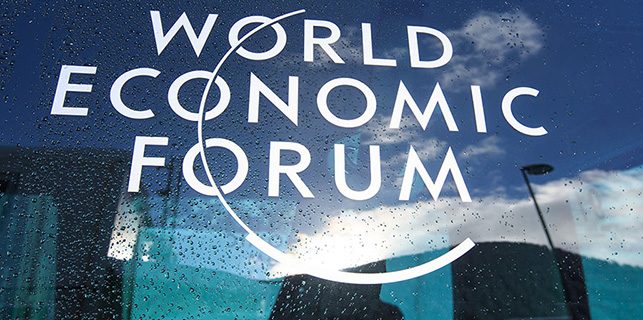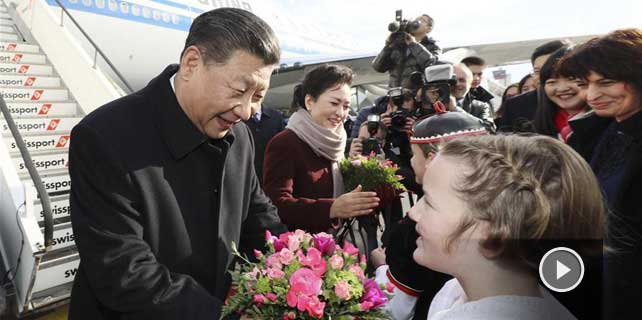ICBC to continue its debt-for-equity swaps
 |
|
ICBC employees offer services to a customer at an ICBC branch in Haikou, Hainan province. [Photo by Zhang Mao/For China Daily] |
Industrial and Commercial Bank of China Ltd, China's largest State-owned commercial bank, will continue to push the debt-for-equity swap program this year, a senior executive of the bank said, dismissing market rumors of suspension of the program by the country's major lenders.
The program is one of China's solutions to address the country's high corporate debt level, estimated to have reached to nearly 170 percent of the country's GDP by economists.
ICBC so far has signed seven debt-for-equity swap deals worth a total of approximately 60 billion yuan ($8.7 billion), according to Wei Xuekun, director of the credit and investment department of the ICBC.
The bank is also planning to invest 12 billion yuan to set up an asset management company to handle the business of debt-for-equity swaps. The plan is still subject to regulatory approval.
"The plan has been approved by our board of directors. We are in close contact with the regulator over this matter," Wei said at a recent news conference in Beijing.
A debt-for-equity swap allows creditors to cancel some or all of the debt in exchange for equity in the debtor. Questions about the scheme have been how to prevent it from becoming a "free lunch" for zombie companies and how to ensure fair play for new investors in the deals.
Wei at the ICBC said that the bank will stick to a market-oriented practice in its debt-for-equity swaps, to reduce the corporate debt level and improve the internal governance of the companies.
High and rising leverage in the corporate sector remains a key risk facing China's banks this year, analysts have said.
The nonperforming loan ratio of commercial banks in China in the fourth quarter stood at a 1.81 percent, up from an NPL ratio of 1.76 percent in the third quarter, according to data from the China Banking Regulatory Commission.
"In the long run, however, the banks will benefit from improving corporate fundamentals and profitability, provided the measures including the debt-for-equity swaps are carried out in a market-based manner," said Kai Hu, an analyst with global credit rating agency Moody's Investors Service in a research note.









